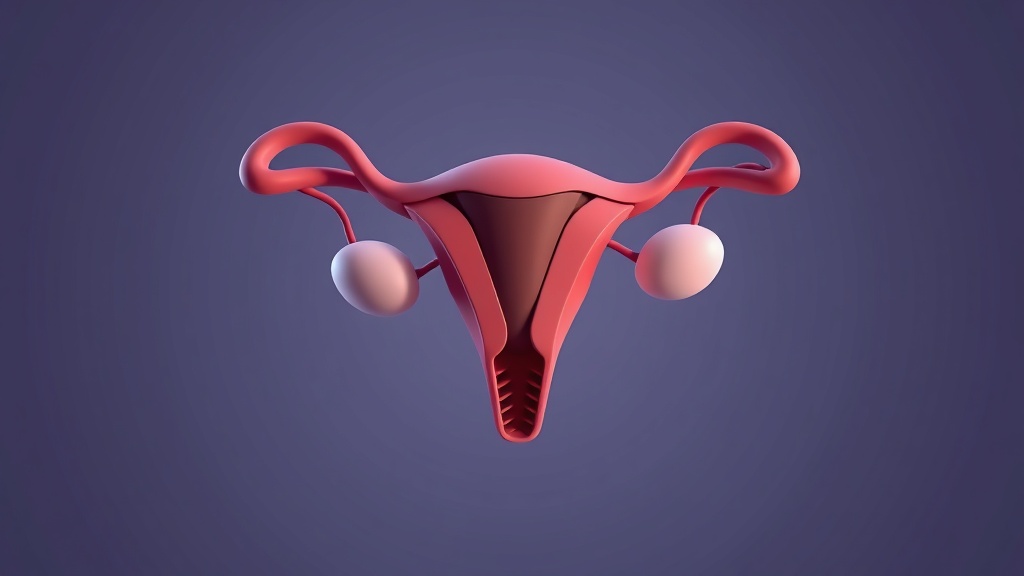Home / Health / PCOS and Menopause: Uncovering the Lasting Impact on Women's Health
PCOS and Menopause: Uncovering the Lasting Impact on Women's Health
17 Nov
Summary
- PCOS affects up to 10% of women worldwide
- PCOS and menopause share overlapping hormonal and metabolic consequences
- Women with PCOS face higher risks of type 2 diabetes, heart disease, and cognitive decline

As of November 17, 2025, a growing number of women are grappling with the long-term effects of Polycystic Ovary Syndrome (PCOS) and menopause. According to Dr. Preetinder Kaur Bedi, a senior gynecologist at Apollo Cradle and Children's Hospital in New Delhi, PCOS impacts up to 10% of women worldwide, disrupting their hormonal balance and leading to symptoms like irregular periods, acne, and weight gain.
While PCOS is often associated with fertility and menstrual issues during a woman's younger years, its consequences do not end with menopause. In fact, the hormonal transitions of menopause can compound the metabolic and cardiovascular risks linked to PCOS. Women with a history of PCOS face a higher likelihood of developing type 2 diabetes, high cholesterol, and heart disease, even after their reproductive years.
Moreover, the decline in estrogen production during menopause can exacerbate some PCOS-related symptoms, such as facial hair growth and hair thinning. Dr. Bedi emphasizes the importance of regular medical check-ups and lifestyle modifications, including a balanced diet and exercise, to manage these long-term health challenges. Addressing emotional well-being through counseling and support groups is also crucial, as the hormonal shifts can impact mood and cognitive function.
As women navigate the menopausal transition, understanding the interconnected nature of PCOS and menopause is key to maintaining overall health and well-being.




